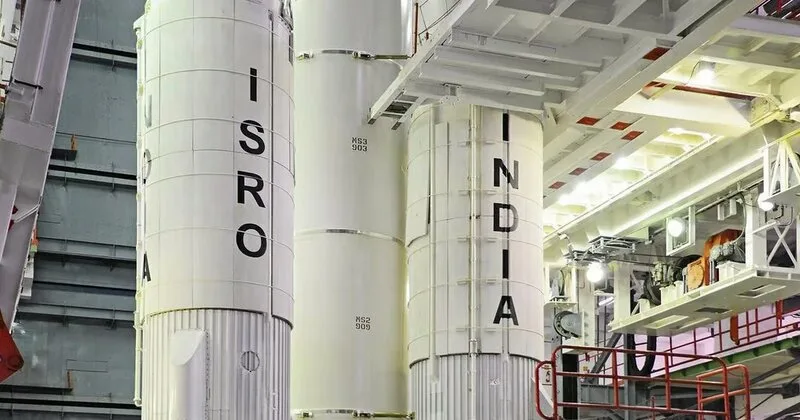
The European Space Agency’s (ESA) Proba-3 mission, originally scheduled for launch on December 4, has been postponed to December 5 due to a technical issue discovered during final pre-launch checks. The mission will now lift off aboard ISRO’s PSLV-XL rocket at 4:04 PM from the Satish Dhawan Space Centre in Sriharikota. An anomaly in the redundant propulsion system of the Coronagraph spacecraft, crucial for maintaining precise alignment with its companion spacecraft, prompted the delay.
ESA Director General Josef Aschbacher stated that engineers are investigating the anomaly, focusing on the spacecraft’s altitude and orbit control subsystem. This subsystem ensures accurate positioning for the mission’s unique formation-flying setup. ESA’s operations team is exploring a software-based fix to address the issue, which, if successful, will allow the mission to proceed on December 5 as planned. The delay underscores the critical role of the propulsion system in the mission’s ability to create artificial solar eclipses in space for studying the Sun’s corona.
Proba-3 consists of two spacecraft—an “Occulter” and a “Coronagraph”—designed to align with millimeter precision at a 150-meter distance. This alignment will enable continuous solar corona observation for six hours per orbit by blocking the Sun’s main disk. The mission represents a breakthrough in satellite formation flying, offering unparalleled accuracy for scientific research. Meanwhile, ISRO’s teams remain on high alert as further delays could require draining the rocket’s propellant, which can only be retained for 48 hours.

Post Your Comments